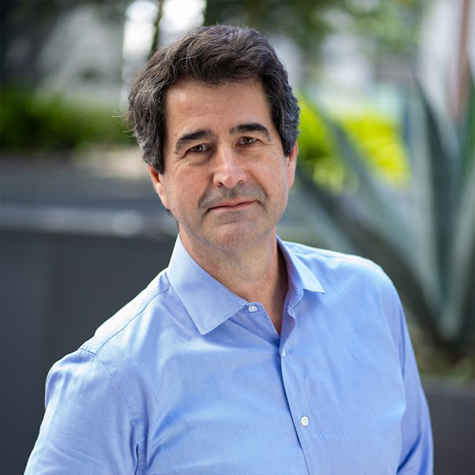United States Citizenship and Immigration Services (USCIS) has announced that, as expected, it received sufficient electronic H-1B cap registrations during the initial registration period in March to reach the FY 2026 H-1B numerical allocations of 65,000 (for holders of bachelor’s degrees or advanced foreign degrees) and 20,000 (for holders of advanced degrees from United States universities).
USCIS conducted two random lotteries to select enough registrations to satisfy both allocations and has, since last Friday, been notifying petitioners whose registrations have been selected that they may file H-1B cap-subject petitions for the beneficiaries named in the selected registrations. If a selection notification has not been received by now, it is highly likely that the registration was not selected in the lotteries.
USCIS has not indicated how many registrations it received this year. The agency should provide statistics on the volume of filings this year in the coming weeks.
Registrants’ online accounts will now show one of the following statuses for each registration filed:
-
- Submitted: The registration has been submitted and is eligible for selection. If the initial selection process has been completed, this registration remains eligible, unless subsequently invalidated, for selection in any subsequent selections for the fiscal year for which it was submitted.
- Selected: Selected to file an H-1B cap-subject petition.
- Not Selected: Not eligible to file an H-1B cap-subject petition based on this registration.
- Denied – duplicate registration: Multiple registrations were submitted by or on behalf of the same registrant for the same beneficiary. If denied as a duplicate registration, all registrations submitted by or on behalf of the same registrant for this beneficiary for the fiscal year are invalid.
- Invalidated –failed payment: A registration was submitted but the payment method was declined, not reconciled, or otherwise invalid.
- Deleted: The submitted registration has been deleted and is no longer eligible for selection.
- Processing submission: USCIS is processing the submission. It may take up to 72 hours for all the case information to show on the case details page. While it is processing, the case may not be accessed.
If an H-1B cap registration was selected in a lottery, a petitioner may file an H-1B petition on behalf of the named beneficiary with the appropriate filing location starting on April 1, 2025. The window for filing such a petition will be until June 30, 2025. The petition should include Form I-129, evidence of the specialty occupation nature of the position offered, evidence of the beneficiary’s qualifications for the position, a certified Labor Condition Application, and the applicable filing fees. The petition should also include a printed copy of the online registration selection notice. All H-1B petitions must be sent to USCIS either by mail in printed format or online through an Organizational Account. Petitioners must also submit evidence of the beneficiary’s valid passport or travel document used at the time of registration to identify the beneficiary under the beneficiary-centric selection system.
Petitioners filing H-1B petitions should be careful to file these in the correct location. Physical H-1B petitions are filed at USCIS lockbox locations. This includes cap-subject, non-cap-subject, and cap-exempt H-1B filings. The appropriate lockbox address can be found on the USCIS Form I-129 Direct Filing Addresses website page.
Petitioners seeking H-1B status for a beneficiary who has not yet received the degree or other academic credential required to qualify for the position offered or for the U.S. advanced degree cap should be mindful that the H-1B petition should not be filed until this degree or credential is issued or completed.
USCIS will hold all non-selected H-1B cap registrations in case it determines that it has not received enough H-1B petitions to satisfy one or more of the H-1B numerical allocations. If it makes this determination, a new lottery or lotteries will be held among the non-selected registrations. Such new lotteries have occurred in the past few years.
The volume of H-1B petition filings in April will probably result in a delay in the issuance of I-797 Notice of Action receipts for H-1B cap-subject petitions filed. Petitioners should not file second H-1B petitions if there is a delay in their receipt of an I-797 Notice of Action, since the submission of a second petition will result in the denial or revocation of both petitions for duplicate submissions. If more than 30 days have passed since the delivery of an H-1B petition at a USCIS Service Center, the petitioner should contact the USCIS Contact Center.


